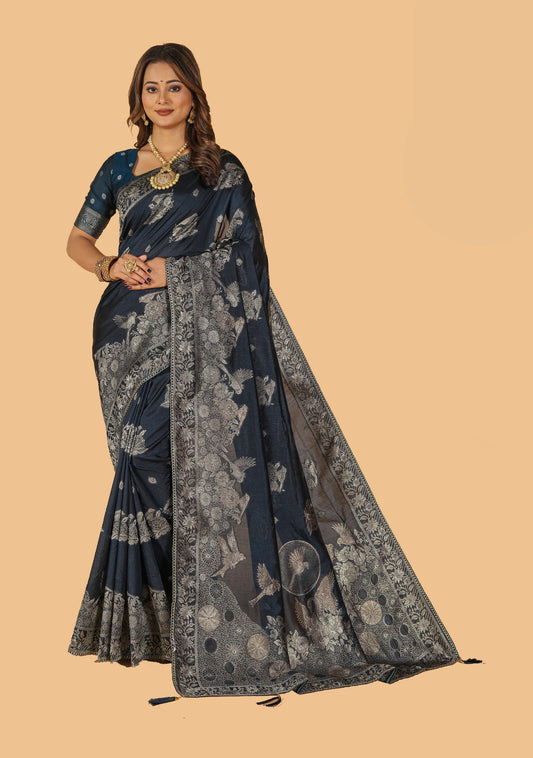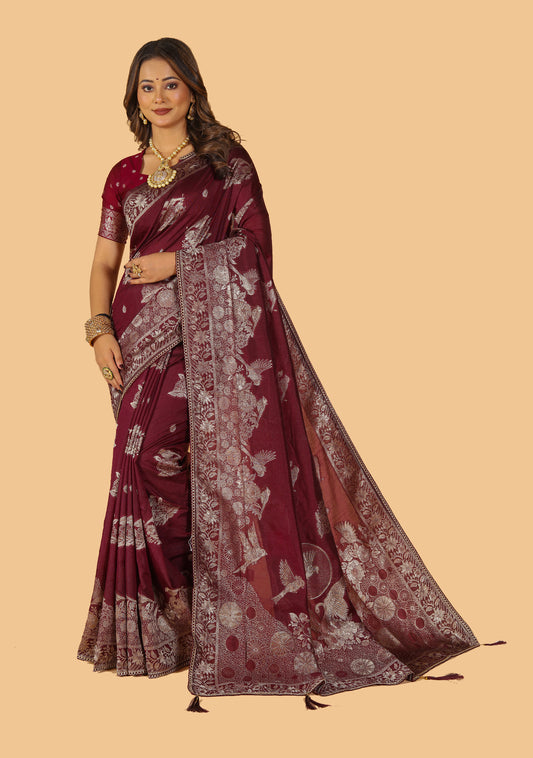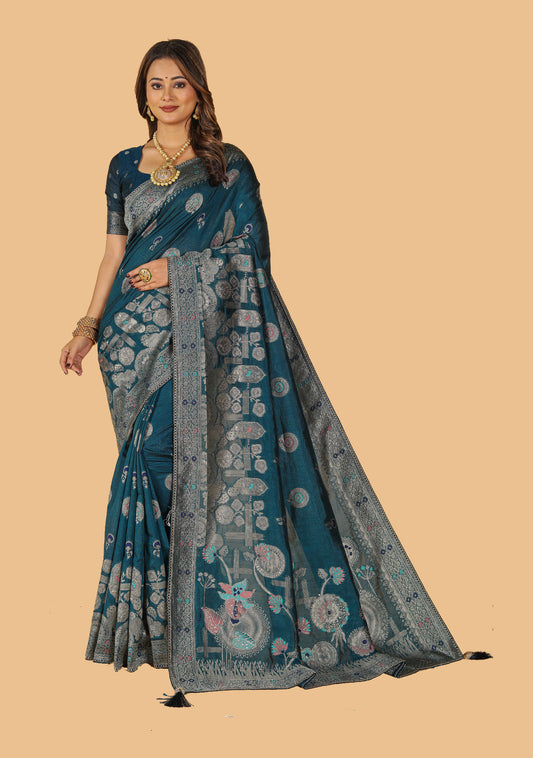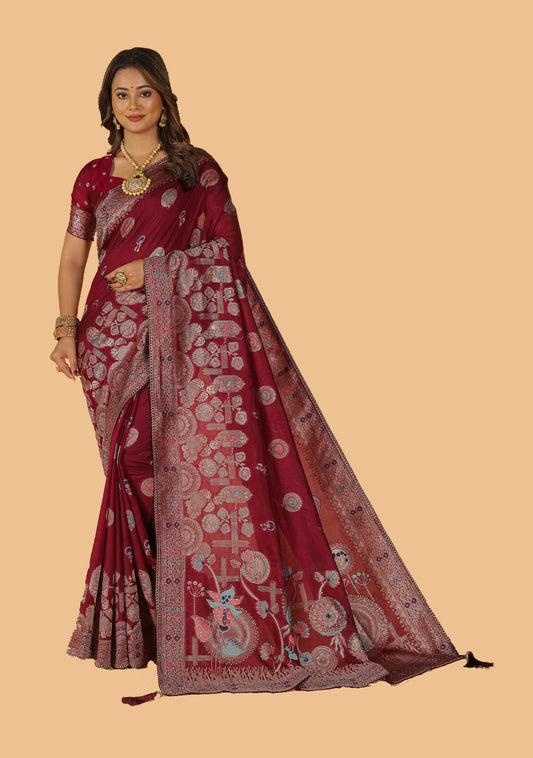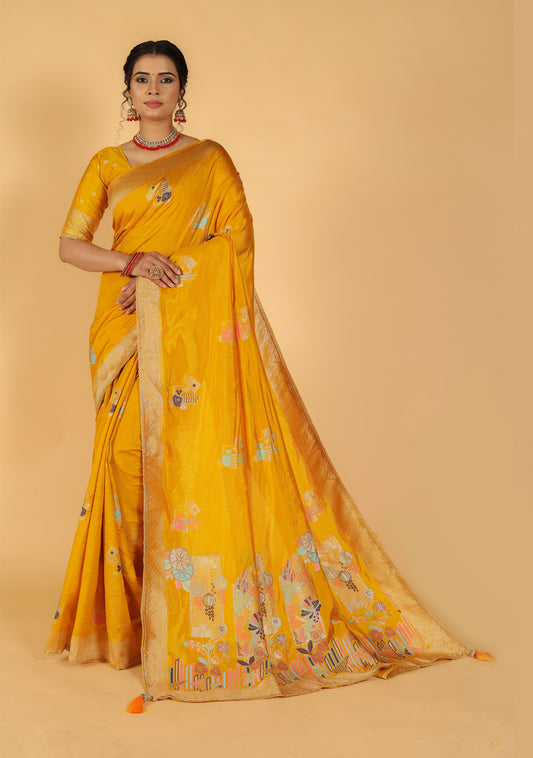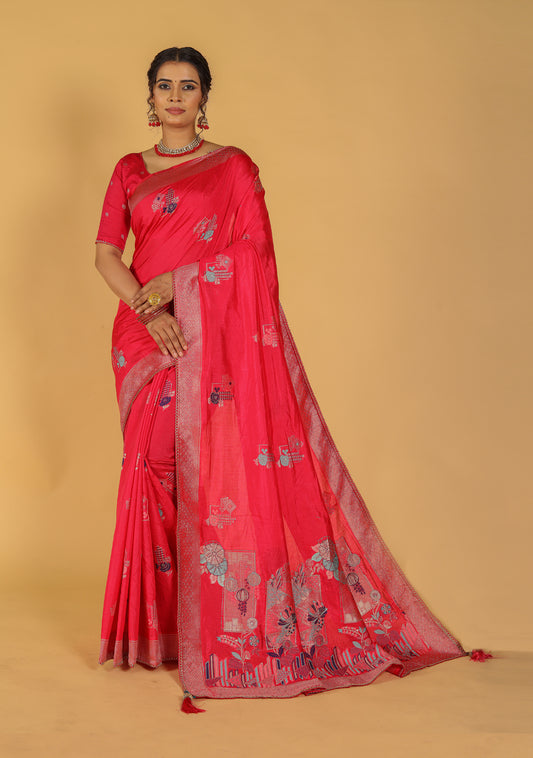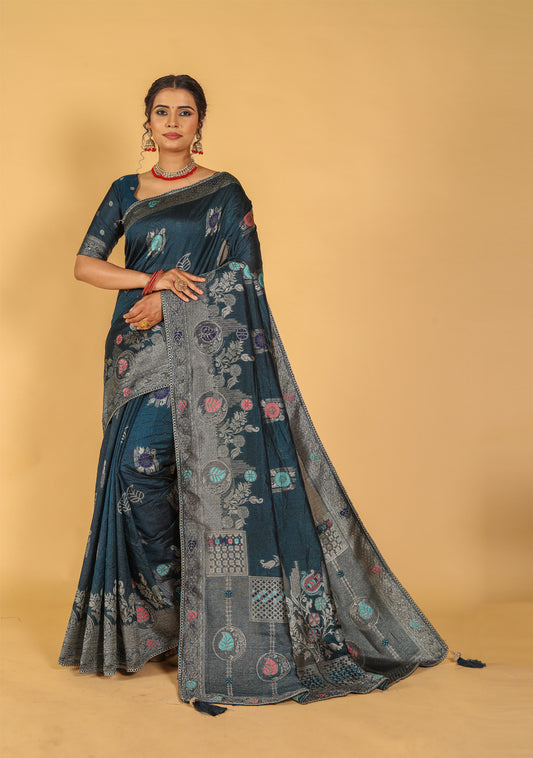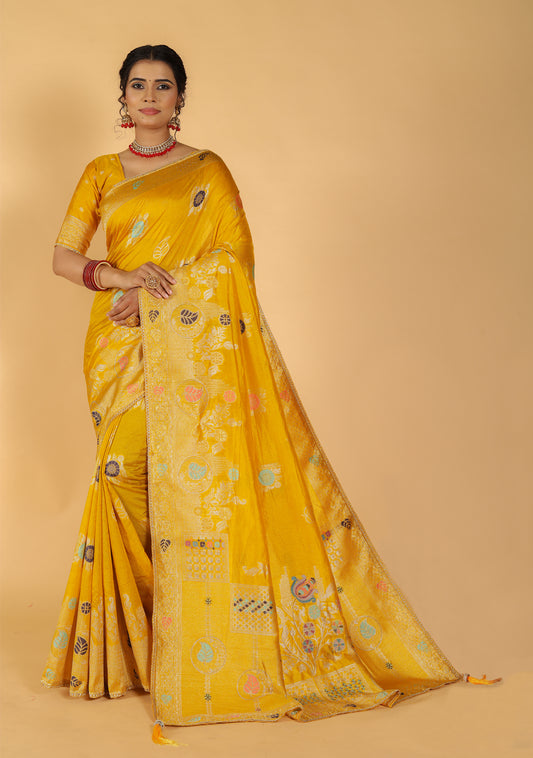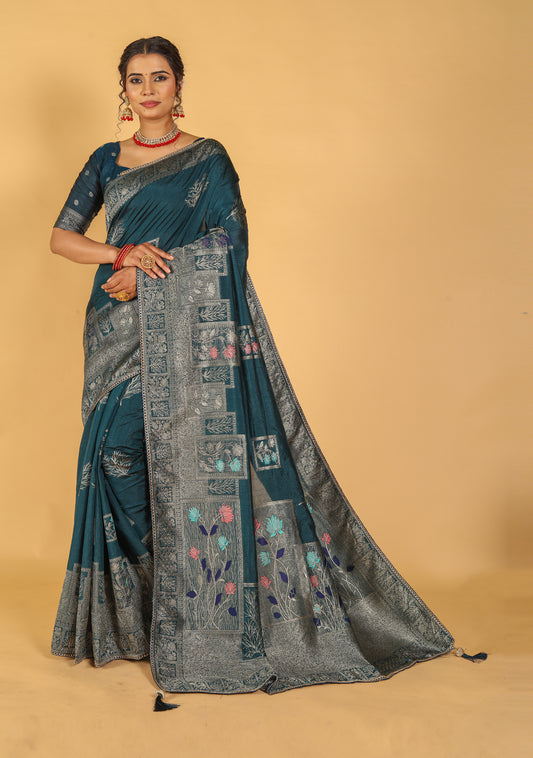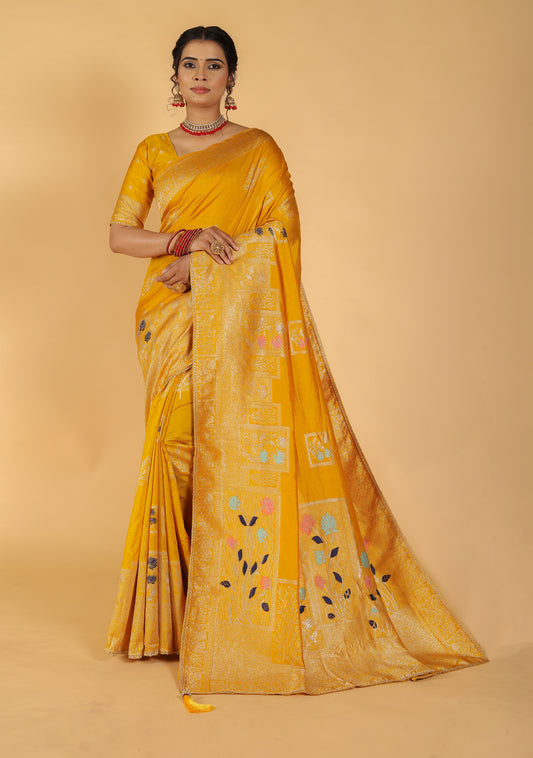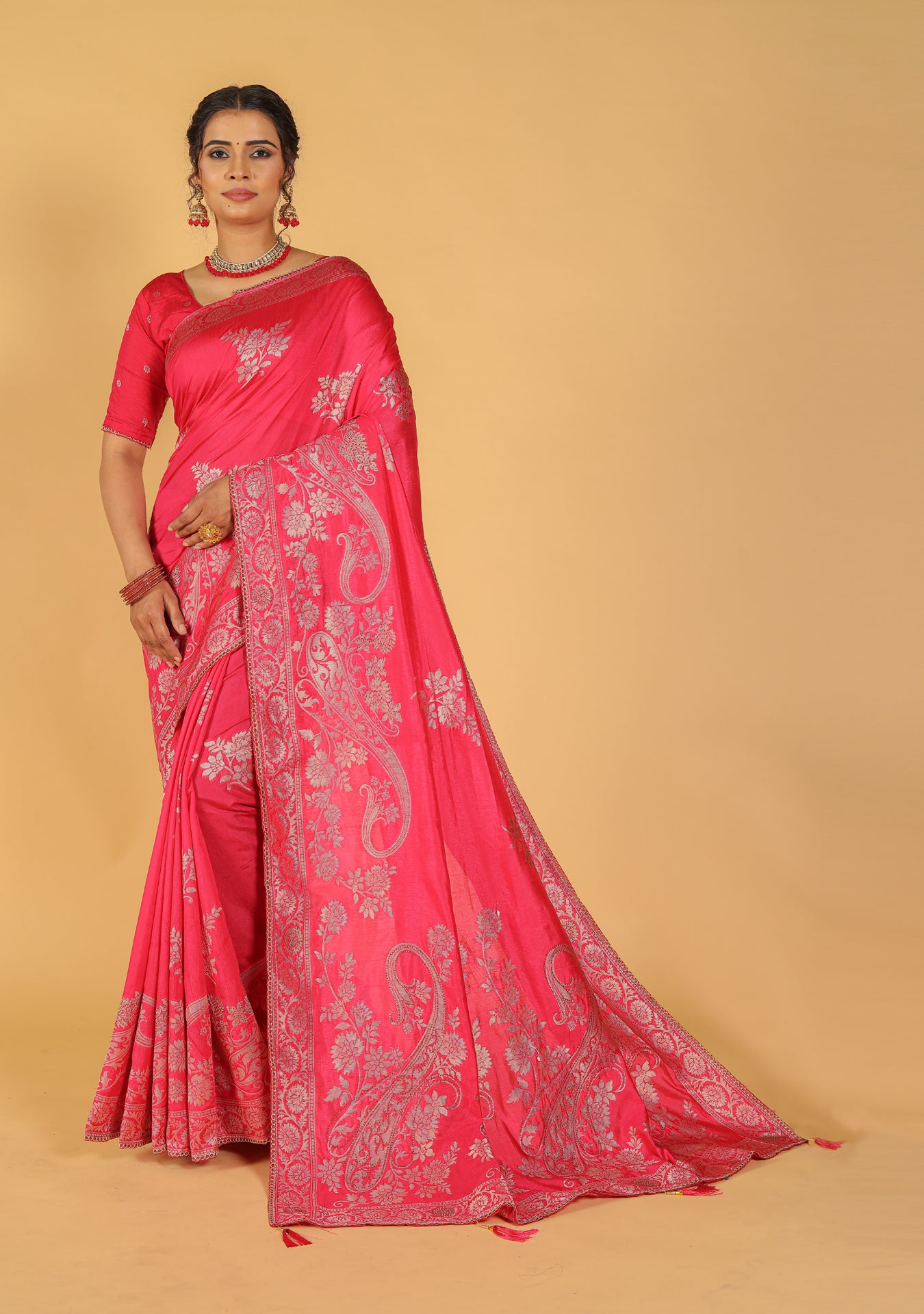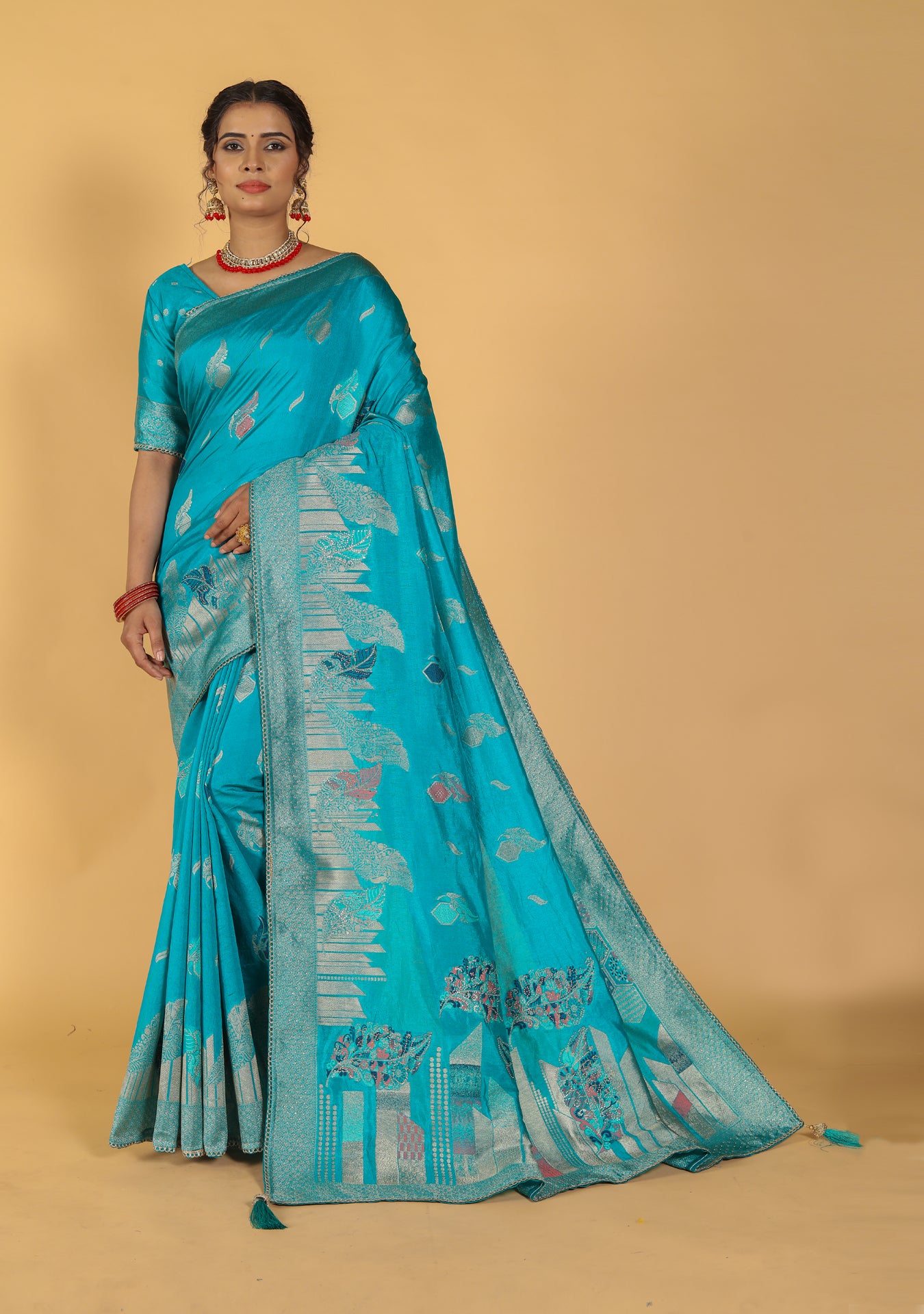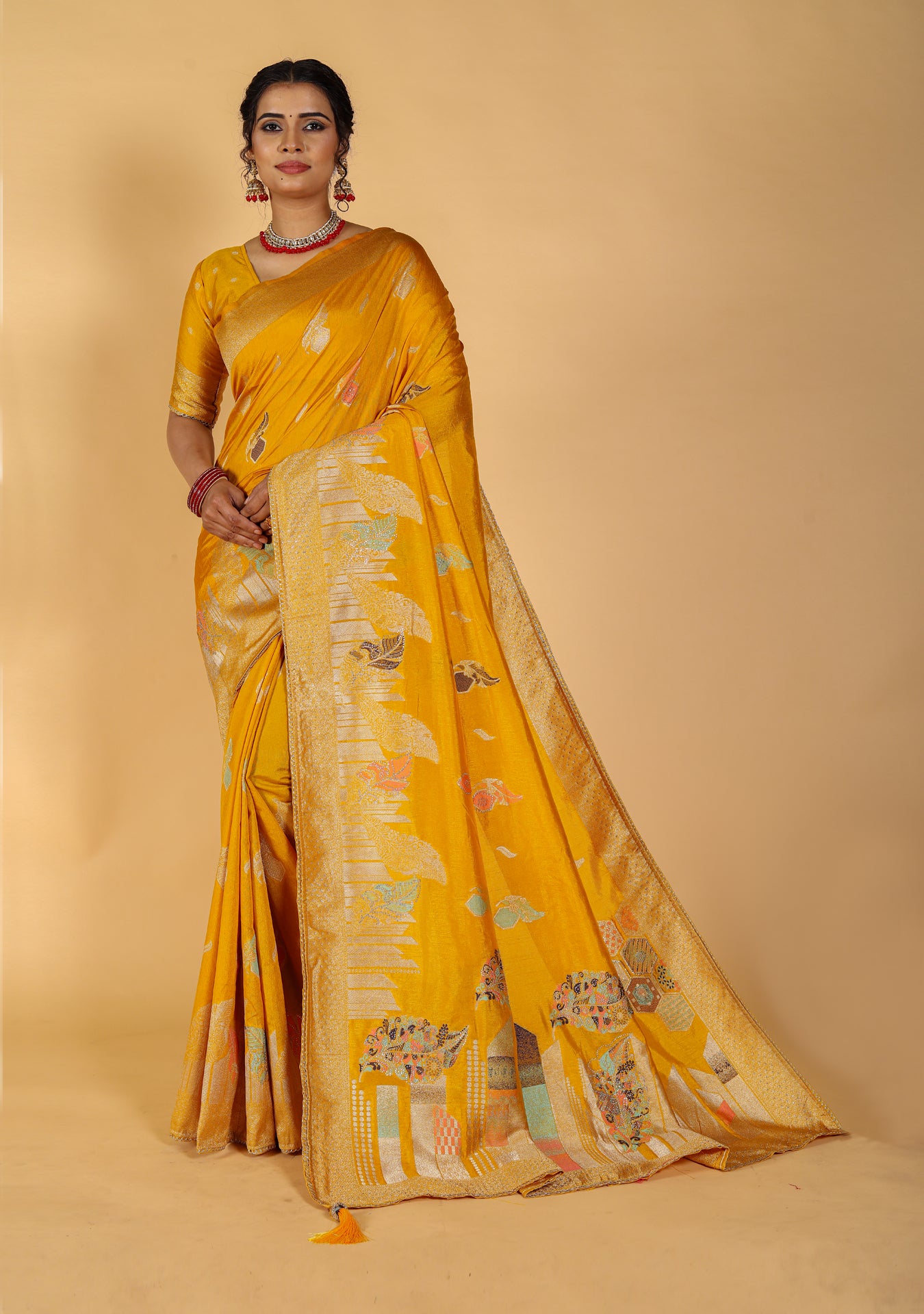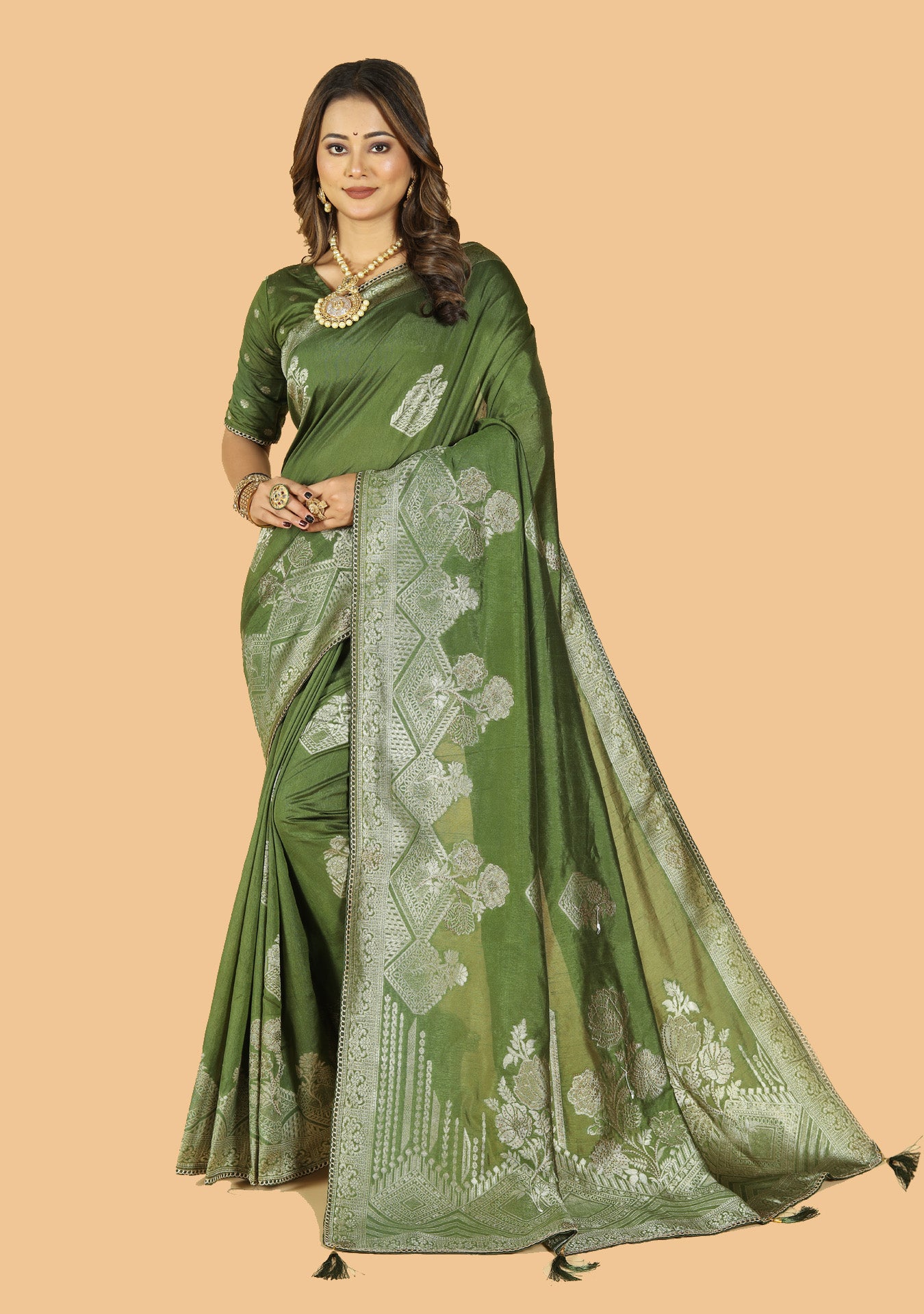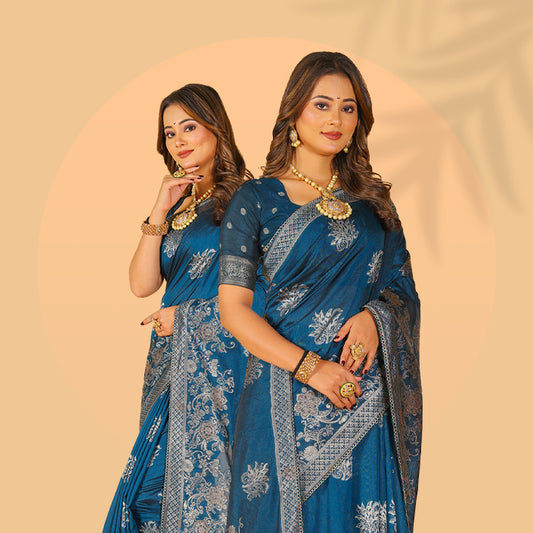Shopping Cart
(0)
Chiffon
Filter
Collections
Featured Product
Sitara New Designer Raw Silk With Designer Zari Work Saree & Unstitched Blouse.
No reviews
Rs. 799.00
Rs. 1,299.00
Sajavat Pure Raw Silk Zari Work With Meena Saree and Blouse Piece For Women
No reviews
Rs. 999.00
Rs. 1,599.00
Laado Wedding-Perfect Row Silk Mina Saree with Zari Buti and Grand Pallu
No reviews
Rs. 999.00
Rs. 1,599.00
Morni Designer Raw Silk Mina Saree in Multi Color with Contrast Pallu & Floral Butta
No reviews
Rs. 999.00
Rs. 1,599.00
Sort by
- Featured
- Best selling
- Alphabetically, A-Z
- Alphabetically, Z-A
- Price, low to high
- Price, high to low
- Date, old to new
- Date, new to old
There are 0 results in total
Best selling
- Featured
- Best selling
- Alphabetically, A-Z
- Alphabetically, Z-A
- Price, low to high
- Price, high to low
- Date, old to new
- Date, new to old
No products found Use fewer filters or remove all
